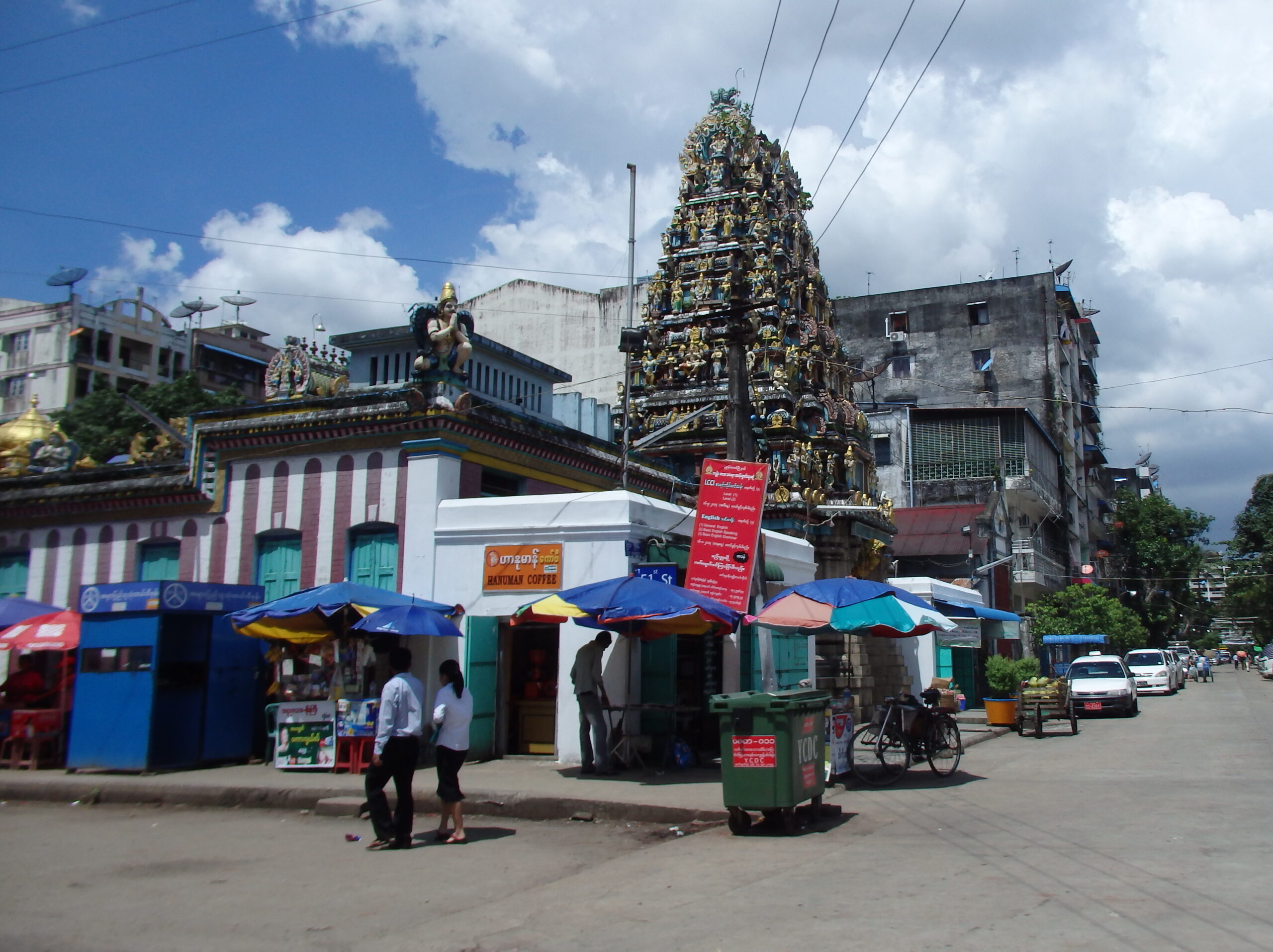As yesterday’s events in Myanmar settle down it’s time for an appraisal. Apparently, it wasn’t a coup. According to Chinese state media, it was merely a major cabinet reshuffle (which involved the detention and incarceration of ministers, MPs and Daw Aung San Suu Kyi). The Global Times, the CCP’s English language newspaper, stated that it was an adjustment to the country’s dysfunctional cabinet structure. Well yes, that is very true, but to whose benefit?
Russia suggested that it was merely an internal disagreement over differences that arose following the results of the parliamentary elections. Given how Russia deals with internal disagreements Myanmar’s generals have acted quite normally. We can be grateful that Myanmar does not have access to Novichok.
The West has on the whole condemned it and we await President Biden’s response. The initial response is just verbal virtue signalling and the West is trying to formulate a coherent policy. The problem with sanctions is that they would hurt the ordinary people and create a vacuum which China would fill. This would cause major difficulties for India, as it would give China an outlet on the Indian Ocean coast via its BRI projects with Myanmar. In due course, this would provide a naval base for China. The difficulty for Biden is that if he refers to the local differences in Myanmar as a coup d’etat then he is limited in his options as, by US law they must immediately impose sanctions. These would apply to the country as well as the individual military personnel concerned. This would immediately strengthen China’s position as the glue holding the state of Myanmar together.
A by-product may be a drop in the price of heroin as the rebels in Shan state are able to operate with lower risks. Shan shares a border with China and there are rumours that generals on both sides of the border have been operating drug operations as well as the rebels.
The Diplomat says
“The past two decades have seen a persistent pattern in Southeast Asian diplomacy, one that approaches an iron law: when the U.S. and other Western governments pressure the region’s governments on questions of human rights and democratic backsliding, they have predictably turned to China as an escape valve from Western pressure.
China has its own reasons to be unhappy with the “major cabinet reshuffle” in Naypyidaw, as the state media outlet Xinhua amusingly termed it. It will likely face considerable challenges from the military, which harbors a deep suspicion of Chinese intentions dating back to the early part of the Cold War. But Beijing nonetheless stands ready to capitalize from any serious alienation between Myanmar and the West, as it has already done in the wake of the Rohingya crisis.
A test for Biden then, and how different his response will be from the one that Trump would have made will be the acid test for his administration.
I have had a little contact with Myanmar over the last couple of days. It has been difficult as phone services have been down, and internet suspended but they are gradually being restored. In circumstances such as this one has to be careful in conversations as they are liable to being tapped. As best as I can make out, most of the politicians are being held in military facilities or the parliament buildings in Nay Pyi Daw. So far, it does not appear that the military have resorted to using the notorious Insein prison in Yangon. Conditions in there are appalling, even by local standards. Many of the previously released political prisoners, from 10 or more years ago have gone into hiding.
There is a curfew and people are trying to go about their business, but there is a sense of shock, betrayal and deep disappointment regarding the military’s actions that is different from previous civil unrest. If the intelligentsia, the students and the elite can get together with the monks then the military are in deep trouble and we can expect to see immediate repression and a violent crackdown.
Let’s see what the West’s actions will be.
Please share this article so that others can discover The BFD

